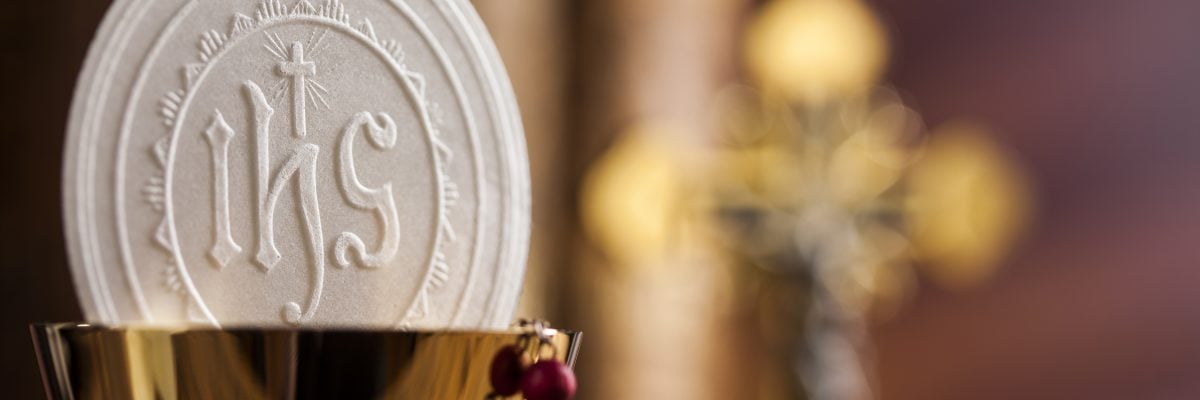
DAY 111
CHALLENGE
“Catholicism is wrong to say the Eucharist involves a sacrifice. Jesus was sacrificed ‘once for all’ (Rom. 6:10; Heb. 7:27, 9:12, 26, 10:10; 1 Pet. 3:18).”
DEFENSE
Jesus died only once, but this does not exhaust his sacrificial ministry.
Hebrews acknowledges Christ’s once-for-all death on earth as well as his ongoing sacrificial ministry in heaven, saying the heavenly things must be purified “with better sacrifices” (plural) than those offered in the earthly temple (Heb. 9:23; cf. George Wesley Buchanan, The Anchor Bible: To the Hebrews, 162).
Protestant historian J.N.D. Kelly writes that in the early Church the Eucharist was regarded as a sacrifice:
Malachi’s prediction (1:10–11) that the Lord would reject Jewish sacrifices and instead would have “a pure offering” made to him by the Gentiles in every place was seized upon by Christians as a prophecy of the Eucharist. The Didache indeed actually applies the term thusia, or sacrifice, to the Eucharist. . . .
It was natural for early Christians to think of the Eucharist as a sacrifice. The fulfillment of prophecy demanded a solemn Christian offering, and the rite itself was wrapped in the sacrificial atmosphere with which our Lord invested the Last Supper. The words of institution, “Do this” (touto poieite), must have been charged with sacrificial overtones for second-century ears; Justin at any rate understood them to mean, “Offer this.” . . . The bread and wine, moreover, are offered “for a memorial (eis anamnēsin) of the passion,” a phrase which in view of his identification of them with the Lord’s body and blood implies much more than an act of purely spiritual recollection (Early Christian Doctrines, 196–197).
The sacrifice of the cross was unique because it was offered “in a bloody manner” (i.e., by Christ dying), but it is perpetuated in the Eucharist, in which he does not die. The eucharistic sacrifice is the same as the sacrifice of the cross in that the offering (Christ’s body and blood) and the primary sacrificing priest (Christ) are the same (CCC 1367). Today, the Eucharist is “the body and blood of Christ enthroned gloriously in heaven” (Paul VI, Credo of the People of God), where Jesus offers himself to the Father as “a living sacrifice”—as Christians are called to do (Rom. 12:1).



